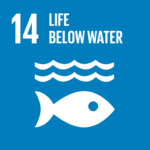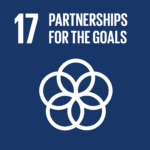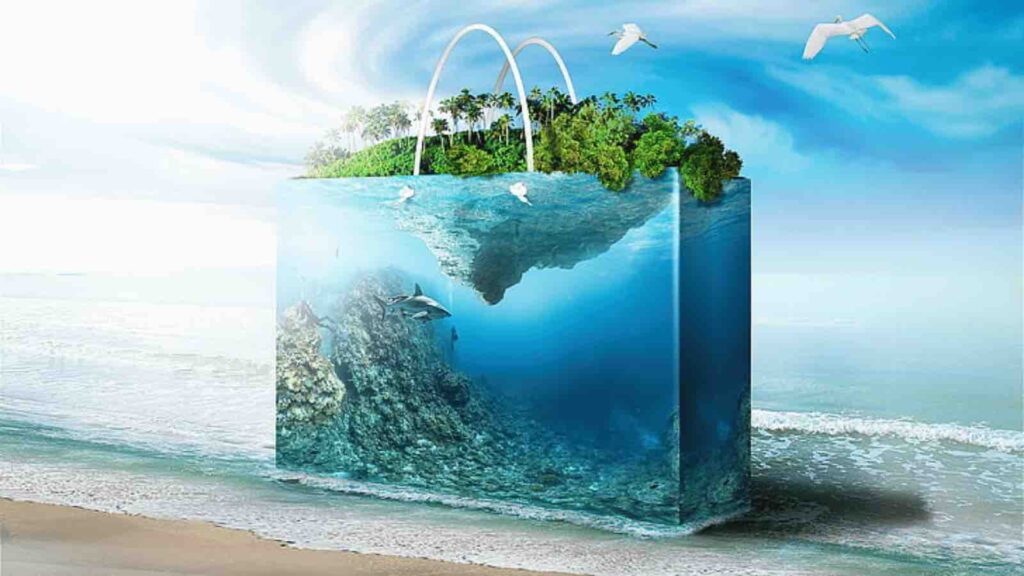The 1000 Ocean Startups Asia Pacific : new regional coalition Aims to scale ocean impact startups across Asia-Pacific
SINGAPORE — In a bold bid to transform ocean conservation into economic opportunity, the Asia-Pacific chapter of the global 1000 Ocean Startups coalition was launched last week at The Foundry in Singapore, marking a milestone for ocean innovation in the region most vulnerable to climate-driven marine decline.
The coalition, a World Economic Forum-aligned initiative first launched in 2021, brings together a diverse network of incubators, accelerators, investors, scientists, and startups to catalyze 1,000 scalable, ocean-positive ventures by the end of the UN Ocean Decade (2020–2030). With more than 350 startups already supported, the launch of the Asia-Pacific (APAC) chapter aims to bring a louder regional voice and more tailored support to innovators across Southeast Asia and the Pacific.
The coalition, a World Economic Forum-aligned initiative first launched in 2021, brings together a diverse network of incubators, accelerators, investors, scientists, and startups to catalyze 1,000 scalable, ocean-positive ventures by the end of the UN Ocean Decade (2020–2030). With more than 350 startups already supported, the launch of the Asia-Pacific (APAC) chapter aims to bring a louder regional voice and more tailored support to innovators across Southeast Asia and the Pacific.
RELEVANT SUSTAINABLE GOALS



Ocean-Rich, Innovation-Poor: Bridging the Funding Gap
Despite being home to 4 billion people and some of the world’s richest marine biodiversity, Asia-Pacific has long been underserved in the blue economy. Climate change, overfishing, and marine pollution are rapidly degrading its coastal ecosystems. Yet only a small fraction of funding for ocean innovation reaches the region.
“Asia-Pacific has the most to lose—and arguably the most to gain—from restoring ocean health,” said Thomas Knudsen, principal of the Rumah Group, one of the three Singapore-based coalition members. “This new chapter is about making sure our community isn’t left out of the global conversation.”
Currently, just six of the coalition’s 52 member organizations are based in Asia-Pacific. The new regional chapter, said Knudsen, could help unlock the region’s grassroots solutions—from seaweed farming in the Philippines to clean shipping technologies in Singapore.
Connecting Ideas to Capital
The APAC coalition offers startups more than just exposure—it provides access to acceleration programs, mentorship, investor networks, and real-time matchmaking across focus areas such as food security, clean energy, fisheries, and coral restoration.
“Many solutions in Southeast Asia are small-scale or grassroots,” said Nick Chiarelli, CEO of Ocean Impact Organisation and a steering committee member. “But with the right support, they can scale. The idea is to create a strong support network that helps these startups find the right capital, partners, and market access.”
Singapore’s maritime dominance and Australia’s fisheries expertise were cited as springboards for regional collaboration. “We want to export that know-how so aquaculture practices improve globally,” Chiarelli added.
Investing in a Climate-Resilient Ocean Economy
Startups celebrated at the launch include ventures that turn seaweed into bio-packaging, convert ocean waste into textiles, and build offshore wind solutions. These businesses promise both financial returns and environmental benefits—critical in an era when the ocean absorbs 25% of global CO₂ emissions and produces half the planet’s oxygen.
But ocean ecosystems are reaching breaking points. “The threats are multiplying,” said marine ecologist Prof. Peter Toddof the National University of Singapore. “We need to ensure that the solutions being funded are science-based, tested, and proven—because a failed solution could do more harm than good.”
The coalition now sets its sights on reaching 1,000 ocean startups by 2030, helping to mainstream the ocean innovation sector in a way that is financially viable and environmentally urgent. “It’s easy to feel overwhelmed by the scale of the crisis,” said Knudsen. “But solutions are already here—and many are investable now.”
As the climate crisis accelerates, initiatives like 1000 Ocean Startups offer a model for how philanthropy, venture capital, science, and local communities can come together to build a resilient, regenerative blue economy.
Learn more at: www.1000oceanstartups.org




